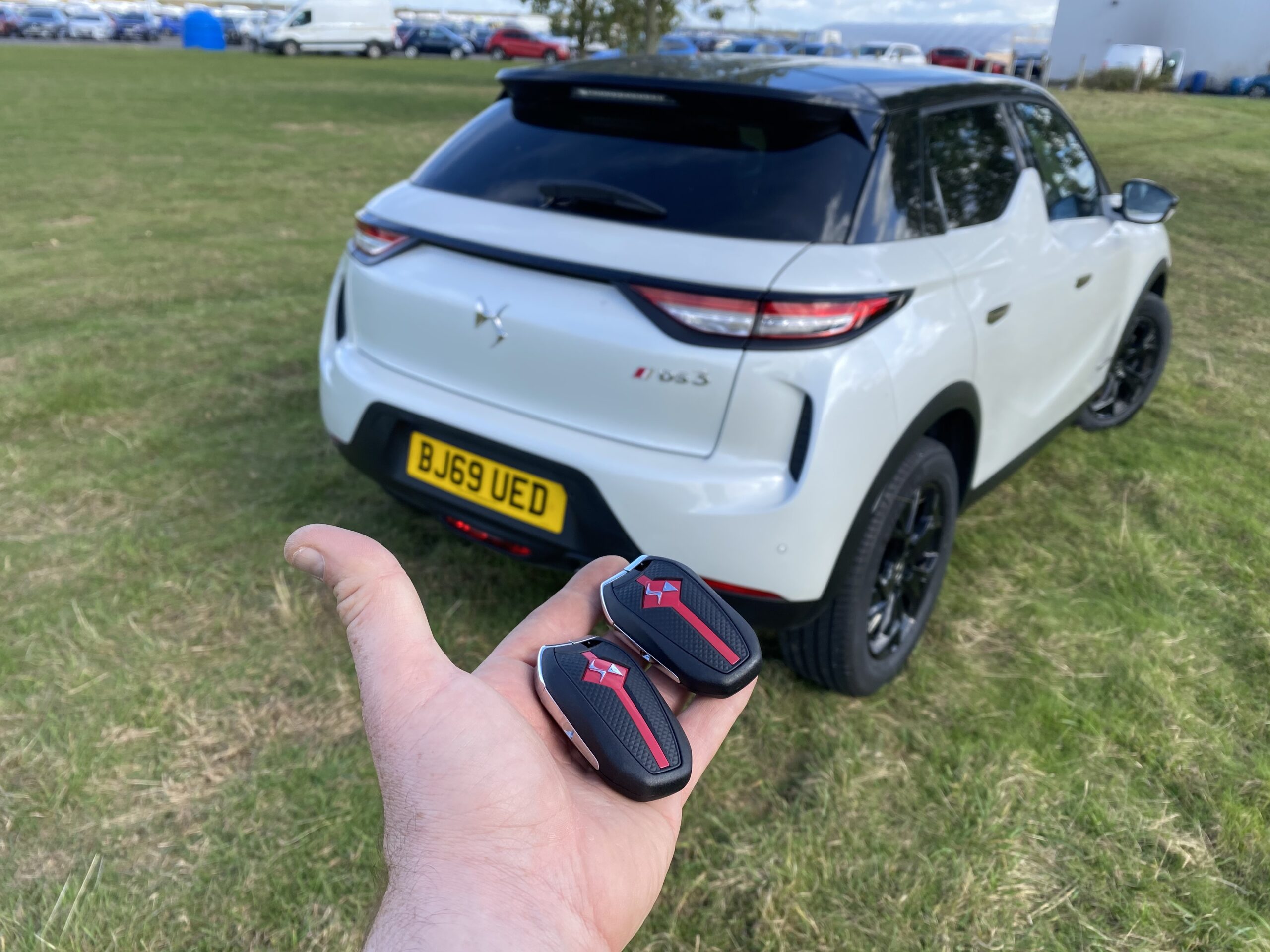Understanding Ignition Key Replacement: A Comprehensive Guide
In today's hectic world, where autos are an integral part of life, losing or harming the ignition key can cause considerable inconvenience. Ignition key replacement is a procedure that lots of vehicle owners deal with at some point. This short article provides an extensive appearance at ignition key replacement, kinds of keys, the process included, and answers to often asked concerns.
What is an Ignition Key?
An ignition key is a small metal object created to run the ignition system of an automobile. It enables the chauffeur to begin the car's engine, and in lots of modern vehicles, it also supplies access to additional functions, such as locking and opening doors and activating security systems.

Types of Ignition Keys
There are a number of kinds of ignition keys, each with unique features and systems. Comprehending these distinctions can assist vehicle owners know what to expect when replacing ignition keys.
1. Standard Car Keys
Standard keys are easy metal keys cut to fit a specific ignition cylinder. This type of key is one of the most standard and is typically discovered in older automobiles.
2. Transponder Keys
Modern cars frequently come geared up with transponder keys that have a little microchip ingrained within them. This chip sends a signal to the car's ignition system, ensuring that only the proper key can start the engine. Transponder keys offer additional security but can be more expensive to replace.
3. Switchblade Keys
Switchblade keys are a hybrid of standard and transponder keys. They include a foldable design that withdraws into the key fob. When needed, the key turns open, resembling a switchblade knife. This style is both compact and stylish.
4. Key Fobs and Smart Keys
These are the most sophisticated ignition keys. Key fobs typically include both ignition and push-button control functions that enable the chauffeur to unlock doors and start the engine without inserting a key (keyless entry and start). Smart keys make use of distance sensing units to detect the key fob within a specific variety, enabling push-button start performance.
The Ignition Key Replacement Process
Changing an ignition key can vary in intricacy depending on the kind of key and the vehicle's make and model. Nevertheless, the general procedure is outlined listed below:
Step-by-Step Guide to Ignition Key Replacement
Report the Lost Key: If the key is lost or taken, it is important to report it to regional authorities and notify your insurance coverage company.
Collect Necessary Information: The vehicle owner ought to gather all appropriate info, such as the make, model, year of the vehicle, and vehicle recognition number (VIN).
Go to a Locksmith or Dealer: Choose in between a locksmith specialized in automotive keys or a car dealer. Each choice has pros and cons relating to rate and timing.
Supply Proof of Ownership: Regardless of who you approach for key replacement, be prepared to show proof of ownership, such as the vehicle title or registration.
Produce a New Key: Depending on the key type, the locksmith or dealership will cut a conventional key or program a transponder, key fob, or clever key.
Evaluate the New Key: Once the key is developed, it's crucial to check it to ensure it works effortlessly with the vehicle's ignition system.
Prospective Costs Involved
Below is a table highlighting the potential costs associated with ignition key replacement based on the kind of key:
| Type of Key | Average Cost | Key Features |
|---|---|---|
| Conventional Key | ₤ 10 - ₤ 40 | Basic key, no transponder |
| Transponder Key | ₤ 50 - ₤ 150 | Microchip innovation for improved security |
| Switchblade Key | ₤ 80 - ₤ 200 | Combines conventional key functions with style |
| Key Fob/Smart Key | ₤ 200 - ₤ 500+ | Advanced functionality with keyless entry |
Frequently Asked Questions (FAQs)
1. How long does it require to replace an ignition key?
The time needed to replace an ignition key can vary, typically varying from 10 minutes to an hour, depending upon the key type and the service company's capabilities.
2. Can I replace a lost key myself?
While developing standard keys can in some cases be made with DIY sets, modern transponder and key fob systems usually need customized equipment and programming, making it suggested to look for professional help.
3. What to do if I lose my key fob?
If you lose your key fob, it can often be reprogrammed for a charge by a locksmith or dealer, who can develop a new one to make sure that no unauthorized parties can access your vehicle.
4. Will my insurance coverage cover key replacement?
Many auto insurance coverage supply protection for lost or taken keys. It is a good idea to evaluate your policy or contact your insurance supplier to validate your protection information.
5. Exist safety measures to avoid losing ignition keys?
- Keep spare type in a safe and secure location.
- Use keychain organizers to decrease the possibility of misplacing them.
- Think about getting a Bluetooth tracker for your keys.
Ignition key replacement is an essential element of vehicle upkeep that every car owner must be aware of. Understanding the types of ignition keys, the replacement procedure, and associated expenses can assist simplify the experience. Being proactive about key management can considerably reduce the inconvenience and cost when faced with the possible loss or damage of an ignition key. Vehicle owners are encouraged to keep notified about their alternatives to ensure they are prepared should they ever find themselves in need of an ignition key replacement.



